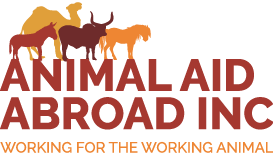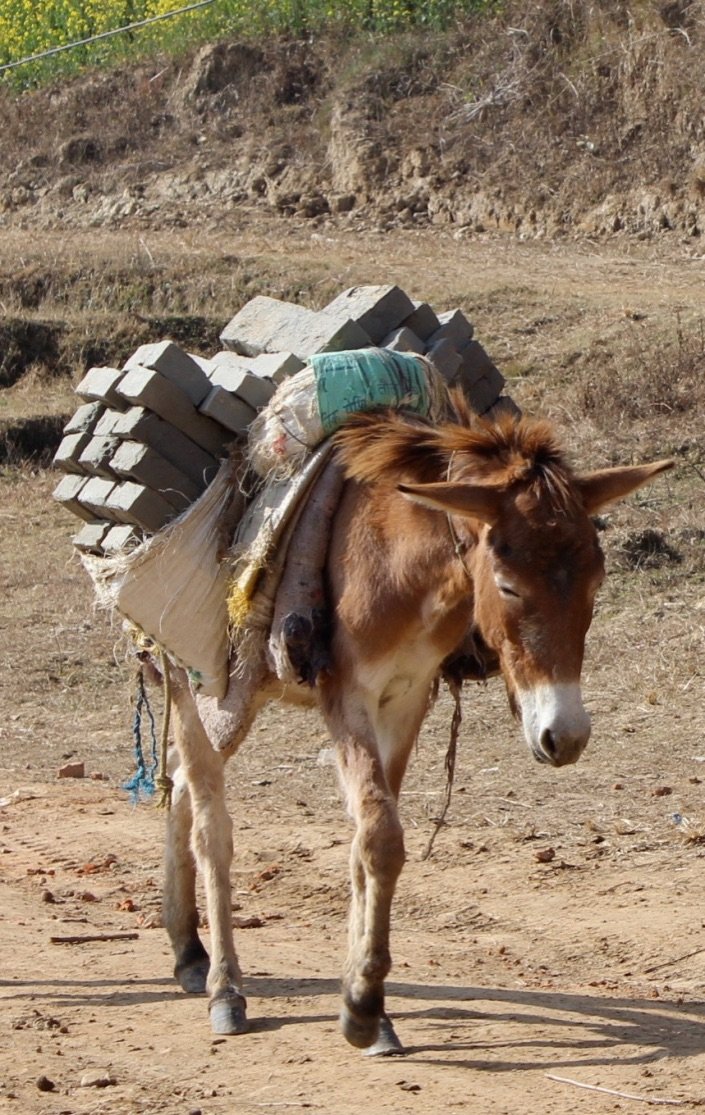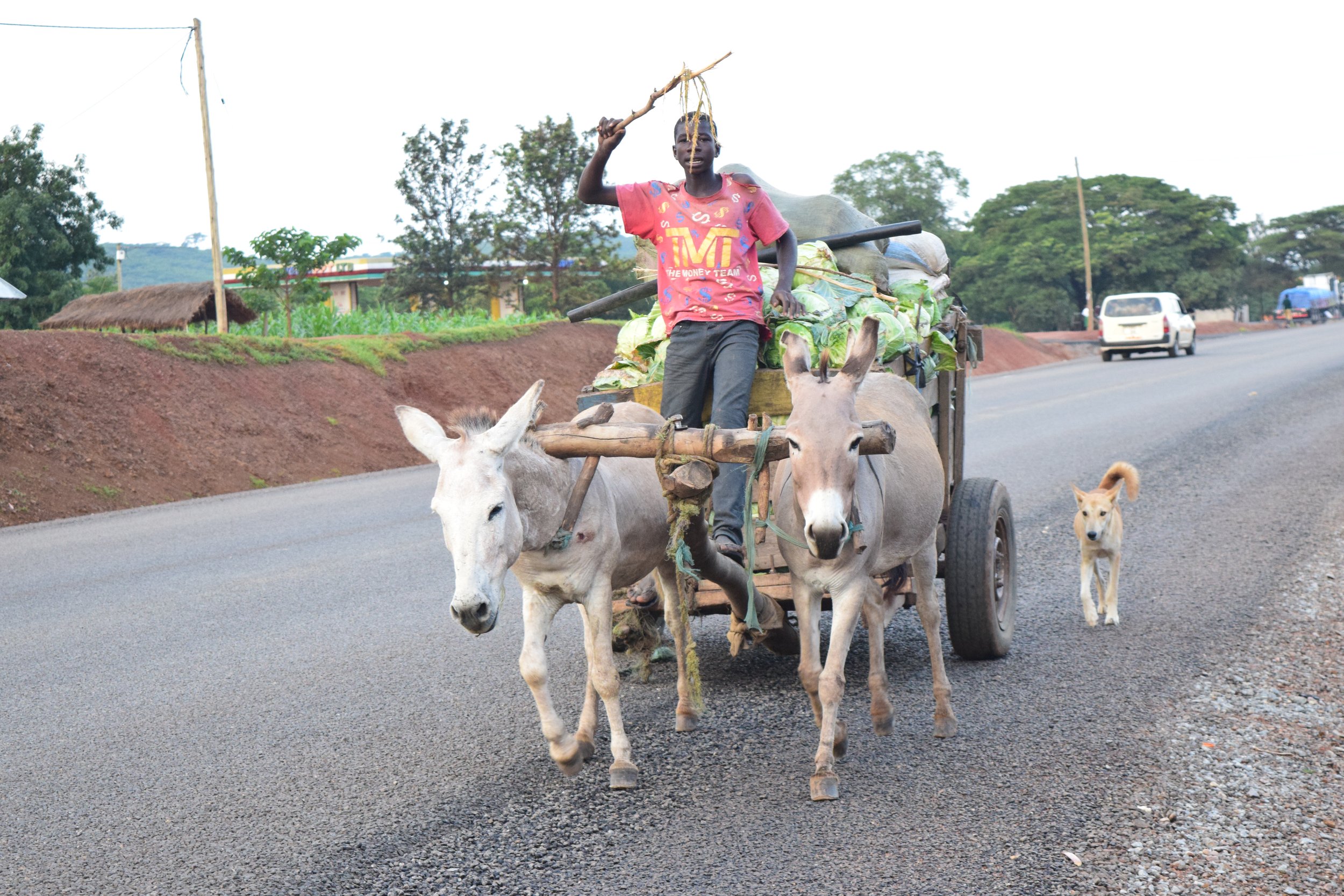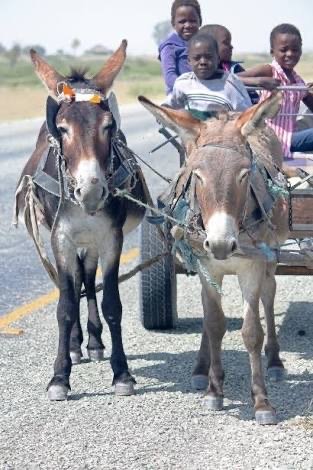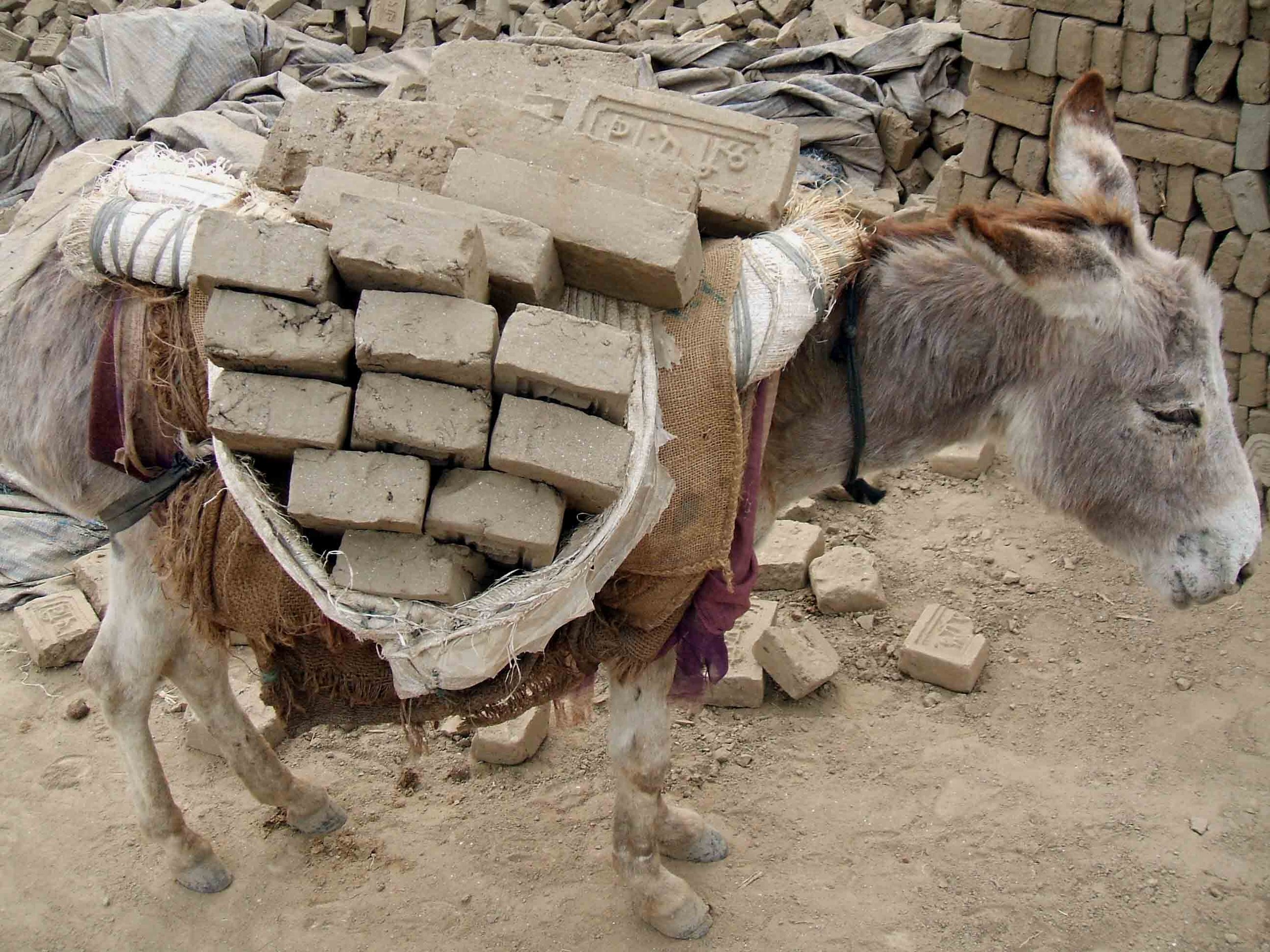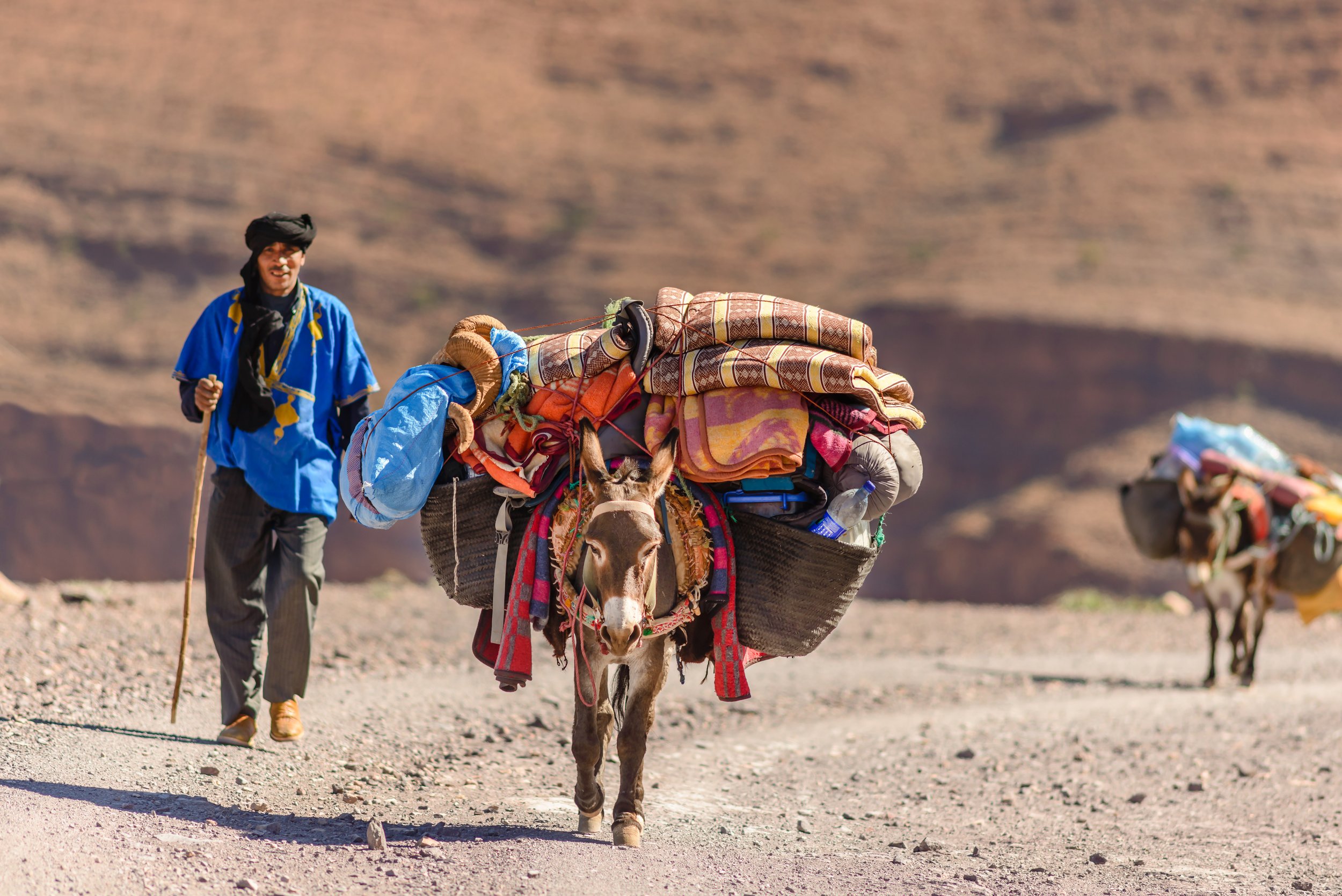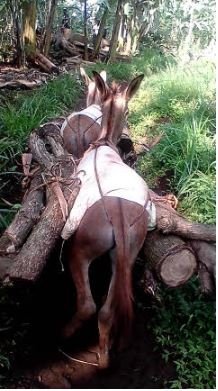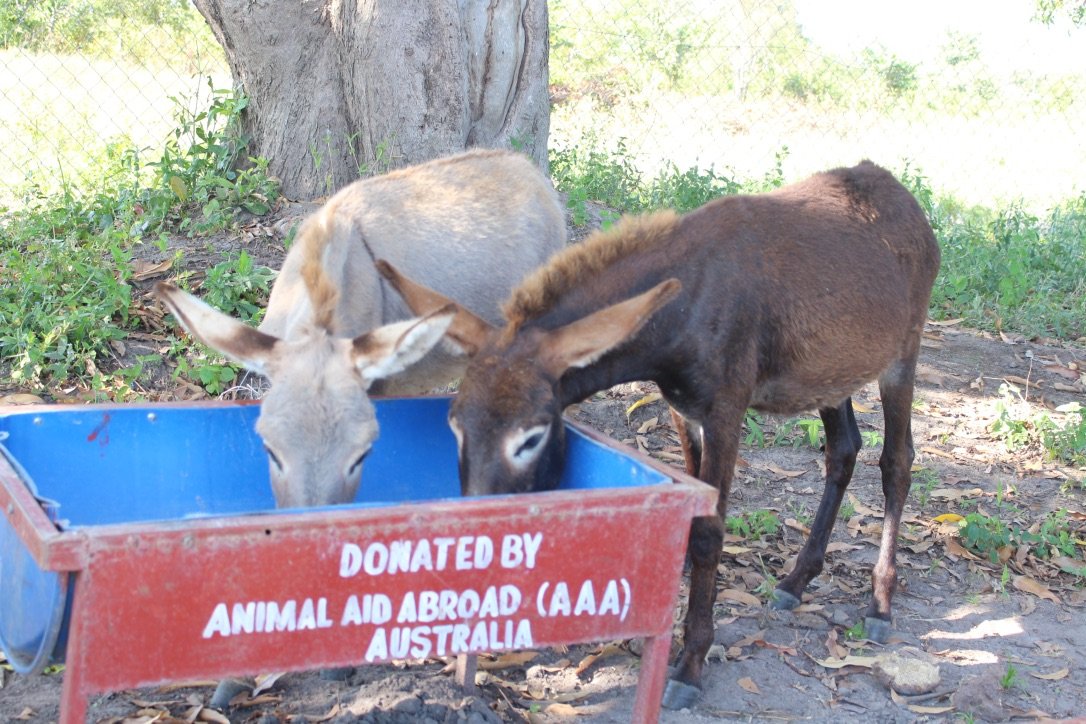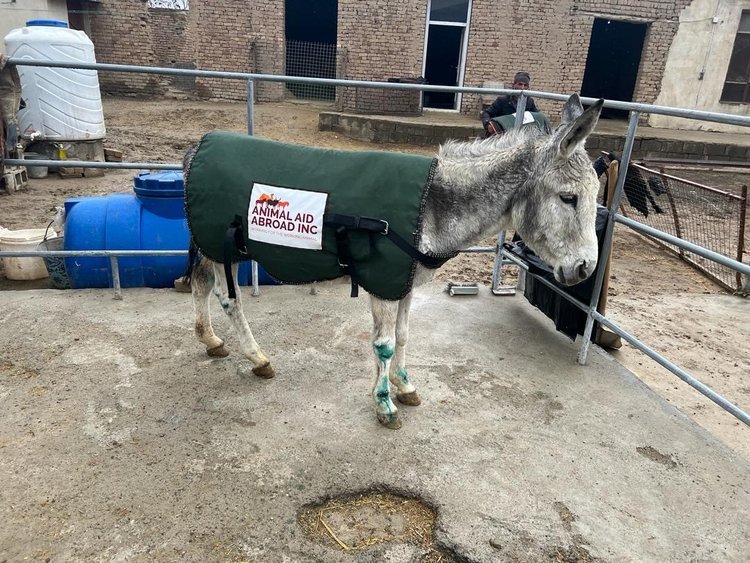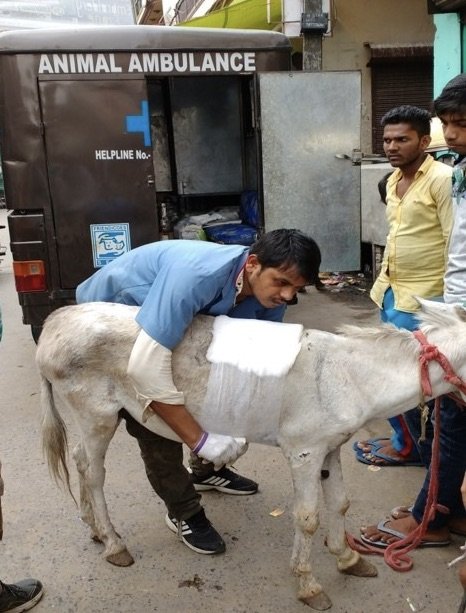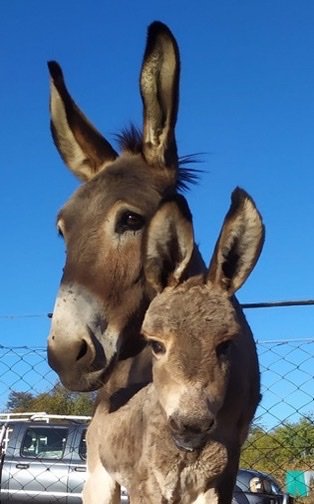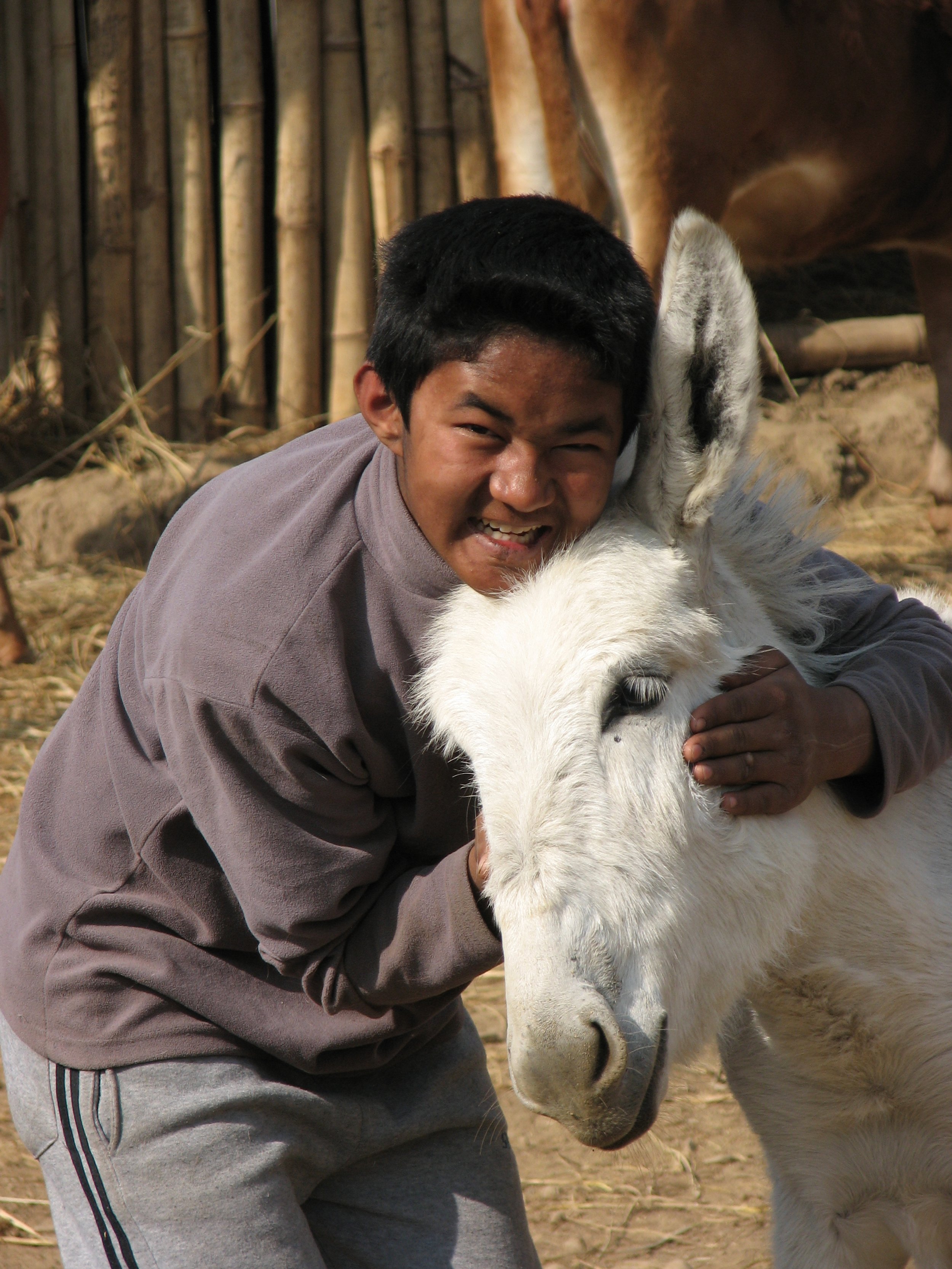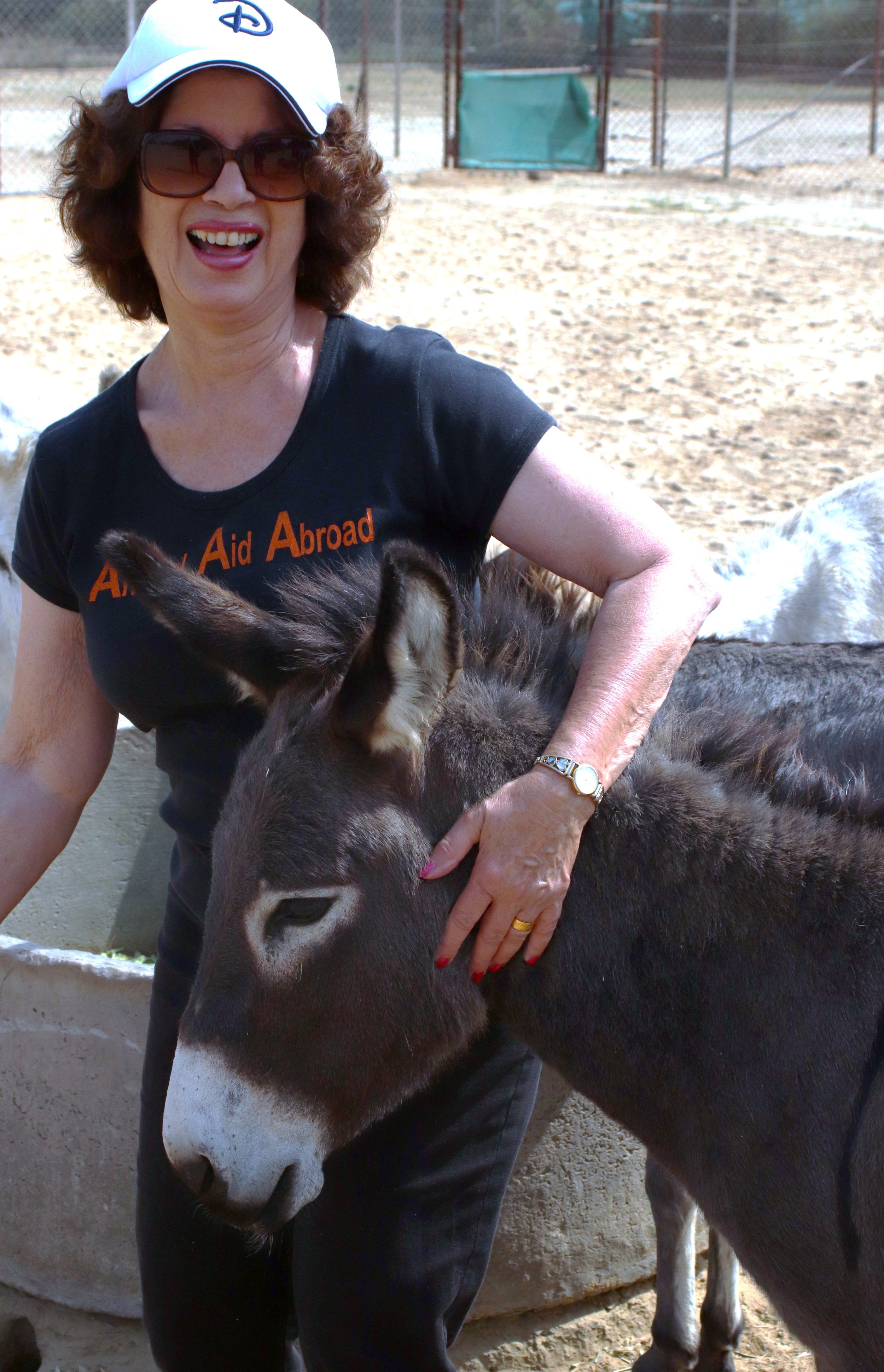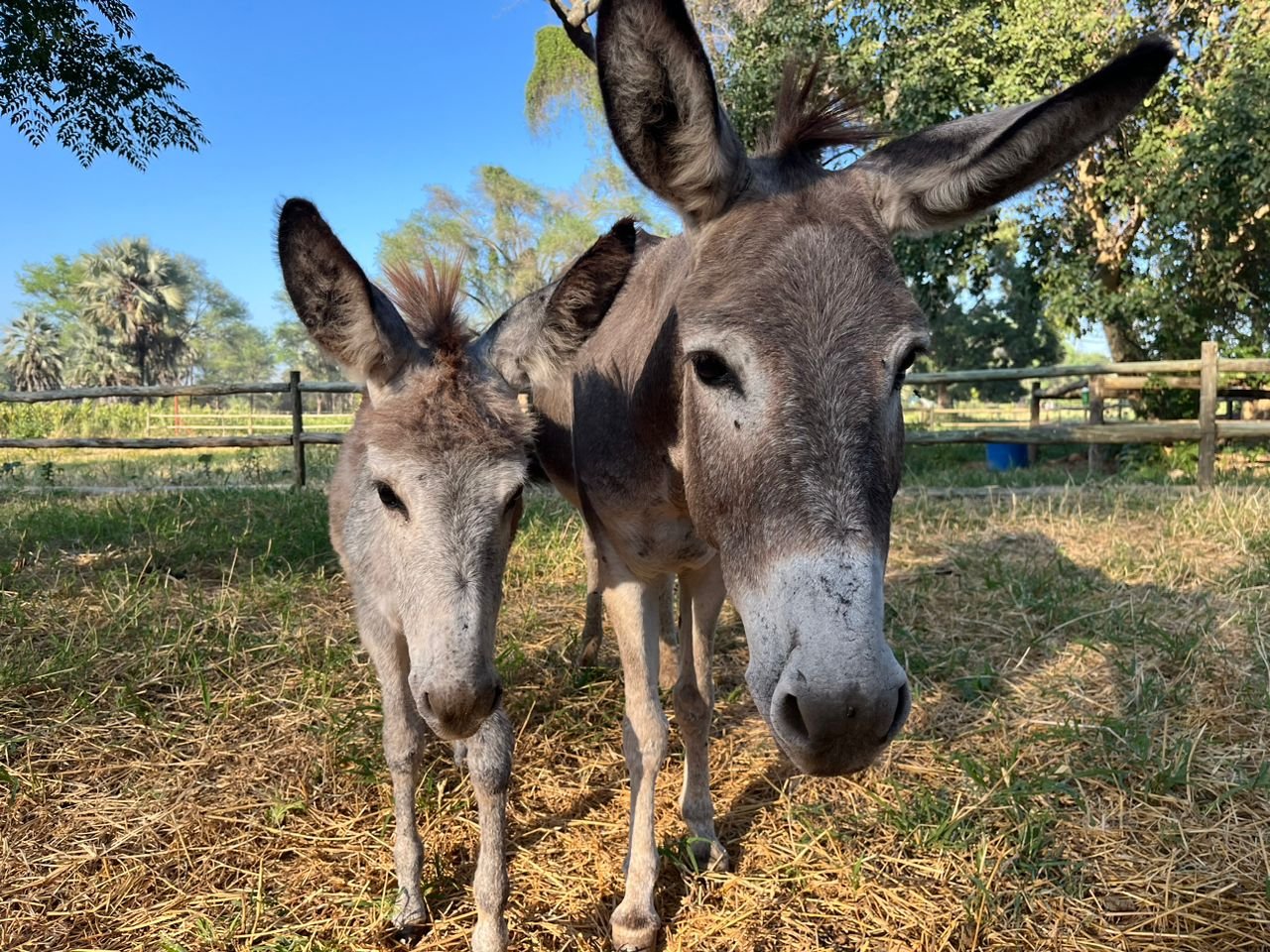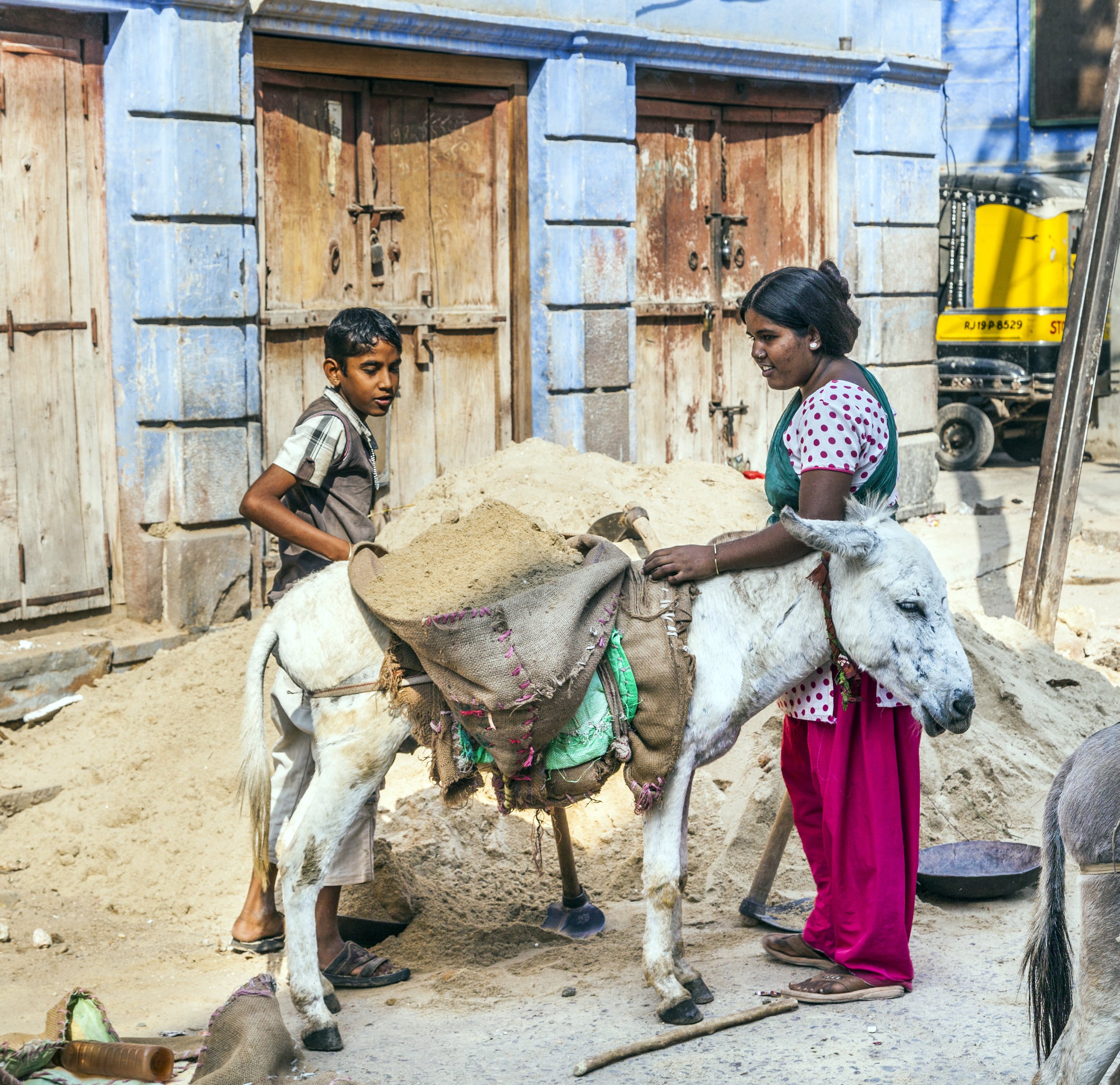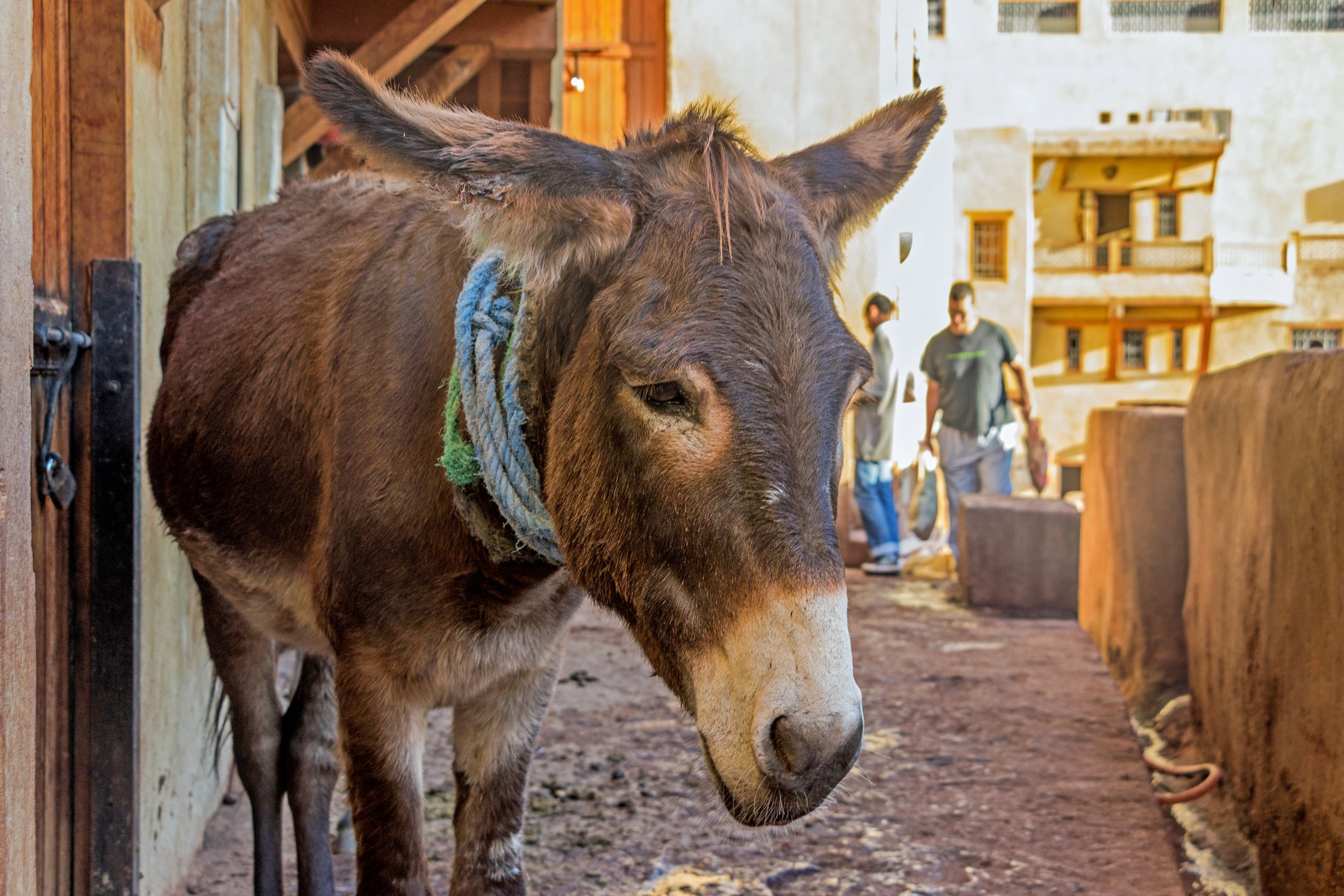Let’s pay tribute to all donkeys ❤️ this World Donkey Day May 8
With World Donkey Day just around the corner on May 8, we thought we would shine the spotlight on these very special animals and the work we do along with our partners to rescue, care for, provide treatment, equipment and education to improve their lives.
What is World Donkey Day
Going back to the history of World Donkey Day, it is relatively new, created in 2018 by Ark Raziq, a scientist with a focus on desert animals, realising that donkeys were not being recognised enough for their efforts and contributions to society.
Therefore, WDD is one where we recognise and raise awareness of the amazing and unique characteristics of donkeys and the significant contributions they make through the work they do around the world and have done so throughout history, including through war times.
Known and celebrated for their strength, endurance, diligence and persistence, donkeys were the source of energy before electricity or steam was available, but are still providing this kind of service in many countries today. They can withstand harsh conditions such as the desert and are capable of pulling cargo for long distances.
AAA’s mission in supporting and caring for working donkeys
In many countries throughout Africa, the Middle East, Asia, parts of Europe, and parts of the Americas donkeys work very hard to pull over laden carts or carry heavy loads on their backs sadly, often in the harshest of conditions with very little care for their welfare.
Our partners that you support run programs that rescue, rehabilitate and work towards providing long term care and sanctuary for such working donkeys that have been mistreated and left to live and work in horrible conditions.
Many are rescued from severe exhaustion, neglect, injury without treatment, underweight and malnourished, illnesses left untreated and living without shelter from the cold and heat.
Apart from providing immediate and basic care and treatment for the donkeys, our partners also have a long term focus, providing education to donkey owners on proper care for these animals and their equipment such as harnesses to prevent injuries. When they can, the partners try to house them permanently in their sanctuaries.
As an example of the far reaching difference such programs can make and just how valuable donkeys are to humans’ livelihoods, by providing free medical care to donkeys in need through a mobile veterinary equine clinic, it also addresses the needs of families whose only livelihood is the working donkey.
Here, for WDD and everyday, we celebrate the work of our partners.
